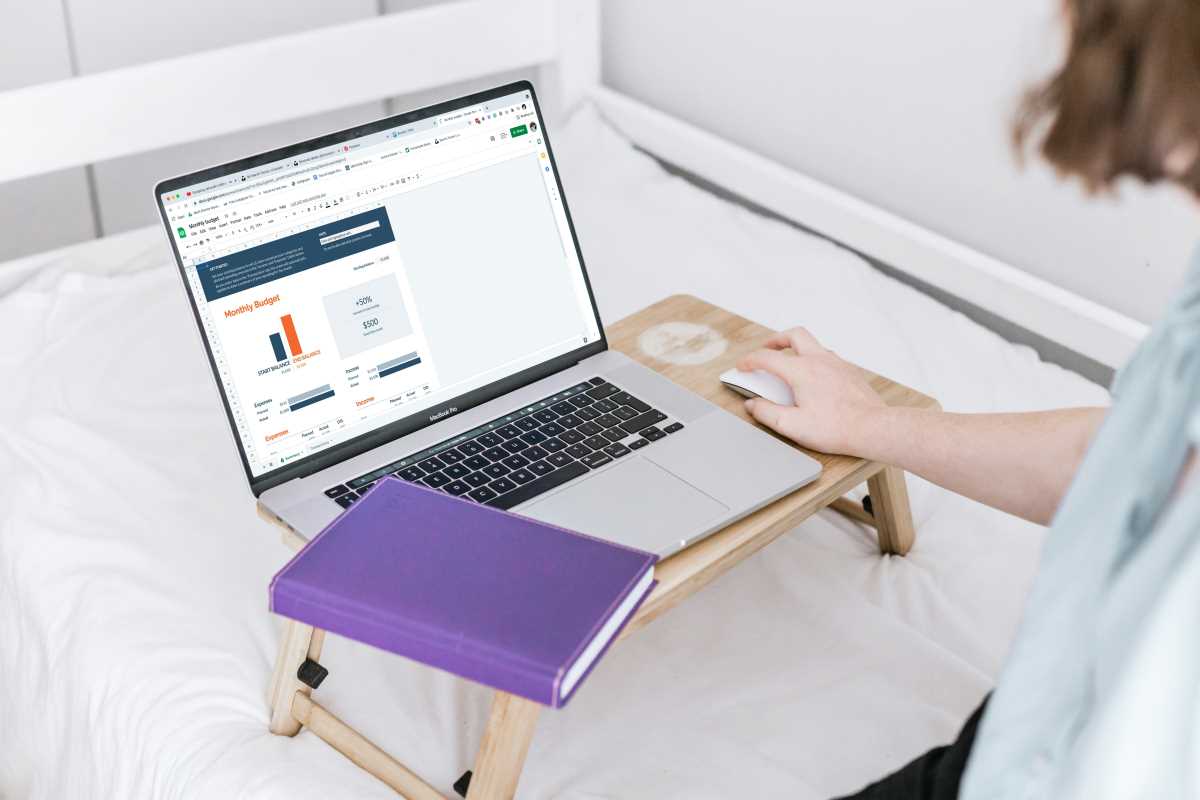Starting a new business is an exciting journey, a lot like the first day of a new homeschool year. You have your curriculum planned, your supplies organized, and a vision for success. But just like you plan for unexpected spills or a sudden need for more art supplies, your business needs a plan for the unexpected too. That's where small business insurance comes in, acting as a safety net that protects your hard work and investment from unforeseen bumps in the road. It might sound complicated, but it’s really about having peace of mind.
What is Small Business Insurance, Really?
Think of business insurance like the insurance you already have for your car or home. You pay a small, regular amount (called a premium) to an insurance company. In return, if something unexpected happens—like an accident, a lawsuit, or property damage—the insurance company helps cover the costs. For a startup, this is incredibly important. A single large, unexpected expense can sometimes be enough to derail a new business before it even gets off the ground.
Just as you tailor your homeschool lessons to fit each child's needs, business insurance isn't a one-size-fits-all product. The right policies for your business depend entirely on what you do. An online tutoring service run from your home office has very different risks than a home-based bakery that sells goods at the local farmer's market. Understanding the different types of insurance is the first step to building a protection plan that fits your unique startup.
The Most Common Types of Insurance for Startups
Let's break down the main types of insurance you might encounter. We'll use simple examples to show how they work, so you can see which ones might apply to your new venture.
1. General Liability Insurance
This is the foundation of business protection for most startups. Think of it as the all-purpose cleaner of the insurance world—it covers a wide range of common accidents and claims.
- What it covers: General liability helps pay for claims that your business caused bodily injury to someone (who isn’t an employee), damaged someone else's property, or caused personal injury like libel or slander.
- Why it's important: Imagine you run a small business making and selling handcrafted soaps. A customer buys a bar, has an allergic reaction, and claims your product caused it. They could sue you for their medical bills. Without insurance, you'd be paying those legal fees and any settlement out of your own pocket. With general liability, the insurance company would step in to handle it.
- Another example: You're a freelance photographer taking family portraits at a park. While setting up your equipment, your tripod tips over and scratches a client's car. Your general liability policy would help cover the repair costs.
2. Professional Liability Insurance (Errors & Omissions)
If your business provides services or advice for a fee, this one is crucial. It’s designed to protect you from claims of mistakes or negligence in the professional services you provide.
- What it covers: It protects you if a client claims you made a mistake, gave them bad advice, or failed to deliver on a service, causing them a financial loss. This is why it's often called Errors & Omissions (E&O) insurance.
- Why it's important: Let's say you've started a side business as a curriculum consultant for other homeschooling families. You recommend a specific math program, but the family feels it didn't prepare their child adequately for a standardized test and they sue you for the cost of extra tutoring. Professional liability insurance would help cover your legal defense and any potential settlement. It protects your expertise.
- Another example: A web designer builds an e-commerce site for a client, but a glitch in the payment processing system causes the client to lose sales for a week. The client could sue the designer for the lost income.
3. Commercial Property Insurance
This policy protects the physical things your business owns or rents. It’s for your "stuff."
- What it covers: It covers your business's physical location (whether you own or rent it) and its contents, like computers, inventory, furniture, and equipment. It protects against things like fire, theft, and storm damage.
- Why it's important: If you run a baking business from your kitchen, you likely have specialized equipment like mixers and ovens, plus inventory like flour and sugar. If a kitchen fire damages all of that equipment and stock, commercial property insurance would help you replace it so you can get back to baking. Keep in mind that your standard homeowner's policy might not cover business-related property, or may have very low limits for it.
- Another example: A thief breaks into your home office and steals the two laptops you use exclusively for your graphic design business. This policy would help cover the cost of replacing them.
4. Business Owner's Policy (BOP)
A Business Owner's Policy is a great option for many small businesses because it bundles several key coverages into one convenient package. It's like buying a value meal instead of ordering everything separately—it's often more affordable and simpler to manage.
- What it covers: A typical BOP combines general liability insurance and commercial property insurance. Some policies may also include business interruption insurance, which helps replace lost income if your business has to temporarily shut down due to a covered event (like that kitchen fire we mentioned).
- Why it's important: For a startup, simplicity and cost savings are huge. A BOP gives you foundational coverage in a single, easy-to-understand policy. This is often a perfect starting point for home-based businesses, small retail shops, or offices.
Tips for Choosing the Right Insurance Policy
Navigating the world of insurance can feel like trying to choose a new curriculum from a giant catalog. Here are a few tips to simplify the process and help you make the best choice for your startup.
- Assess Your Risks: Take a moment to brainstorm. What could go wrong in your specific business? If you sell products, what if someone is injured by one? If you provide services, what if a client isn't happy with your work? If you have inventory, what if it's stolen or damaged? Thinking like a risk manager helps you identify which coverages are "must-haves" versus "nice-to-haves."
- Don't Rely on Homeowner's Insurance: This is a common mistake for home-based business owners. Most standard homeowner's policies explicitly exclude or provide very limited coverage for business-related activities and property. If a delivery person slips on your icy porch while delivering a business package, your homeowner's policy might deny the claim because it was business-related.
- Shop Around and Compare Quotes: Don't just go with the first insurance provider you find. Get quotes from at least three different companies. Look at more than just the price—compare the coverage limits (the maximum amount the policy will pay out), the deductibles (the amount you have to pay before insurance kicks in), and any exclusions.
- Work with an Independent Agent: An independent insurance agent can be a fantastic resource. They work with multiple insurance companies, not just one. This means they can do the shopping for you and help you find the best policy for your needs and budget. It’s like having an experienced guide help you through the process, which is invaluable when you’re already juggling everything else that comes with a startup.
- Re-evaluate Your Coverage Annually: Your business will grow and change, and so will your insurance needs. Did you hire your first employee? You'll need workers' compensation insurance. Did you buy a company car? You'll need commercial auto insurance. Set a calendar reminder to review your policies once a year to ensure your coverage still fits your business.
Protecting your startup with the right insurance isn't just an expense; it's a smart investment in its future. It provides the stability and security you need to focus on what you do best—growing your business and achieving your dreams. Just like with homeschooling, a little planning and preparation can make all the difference.







